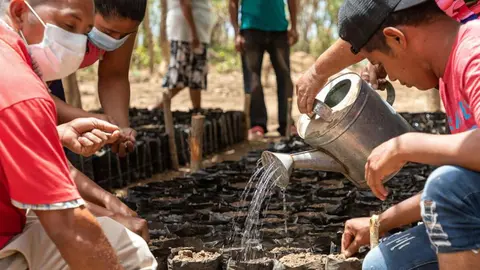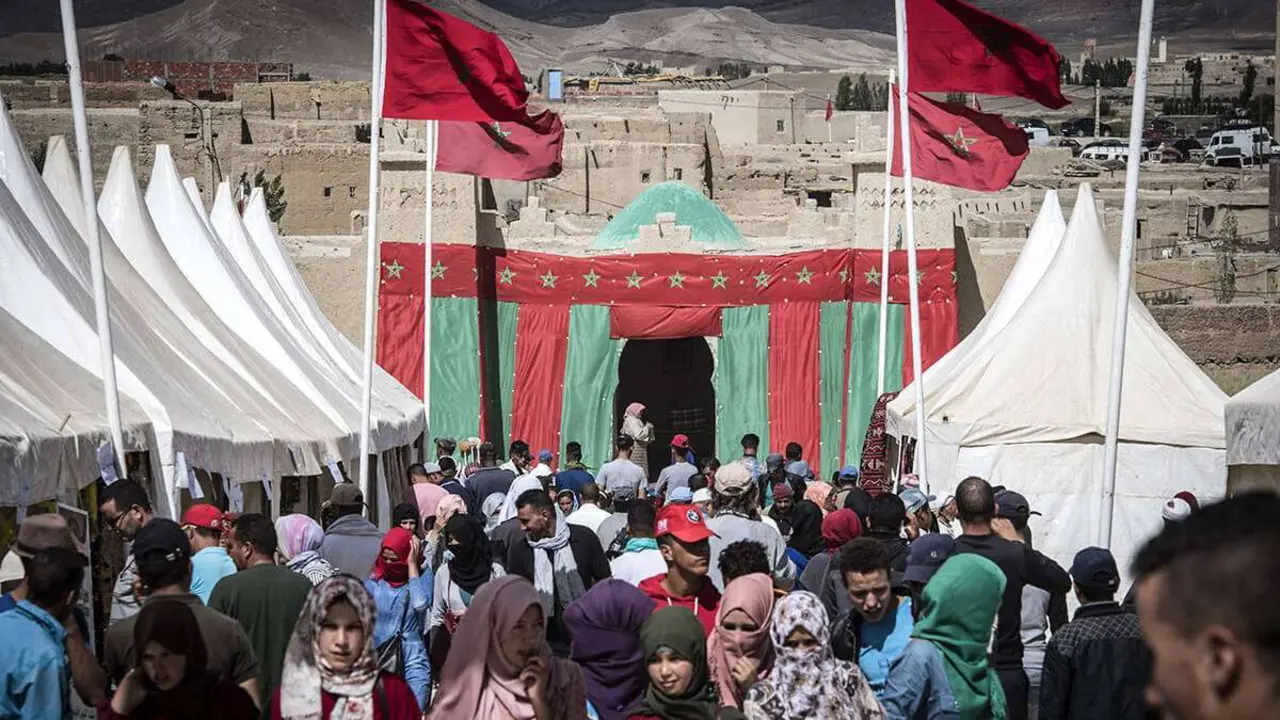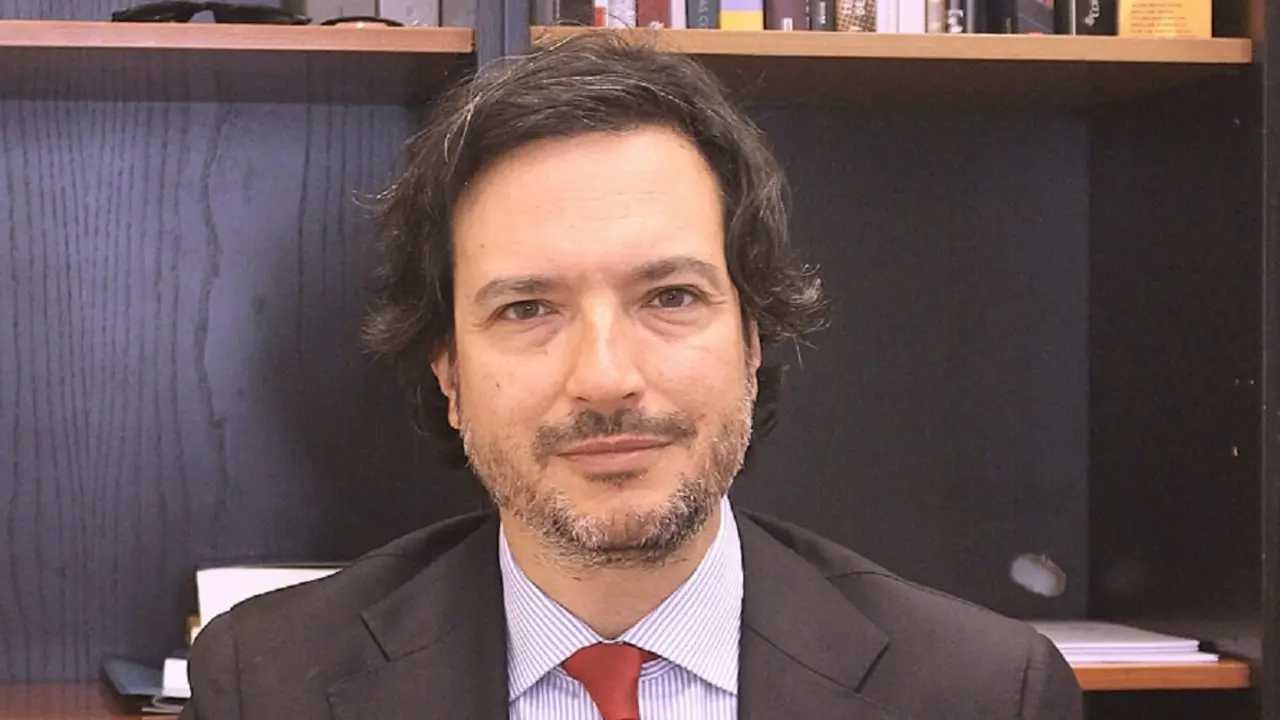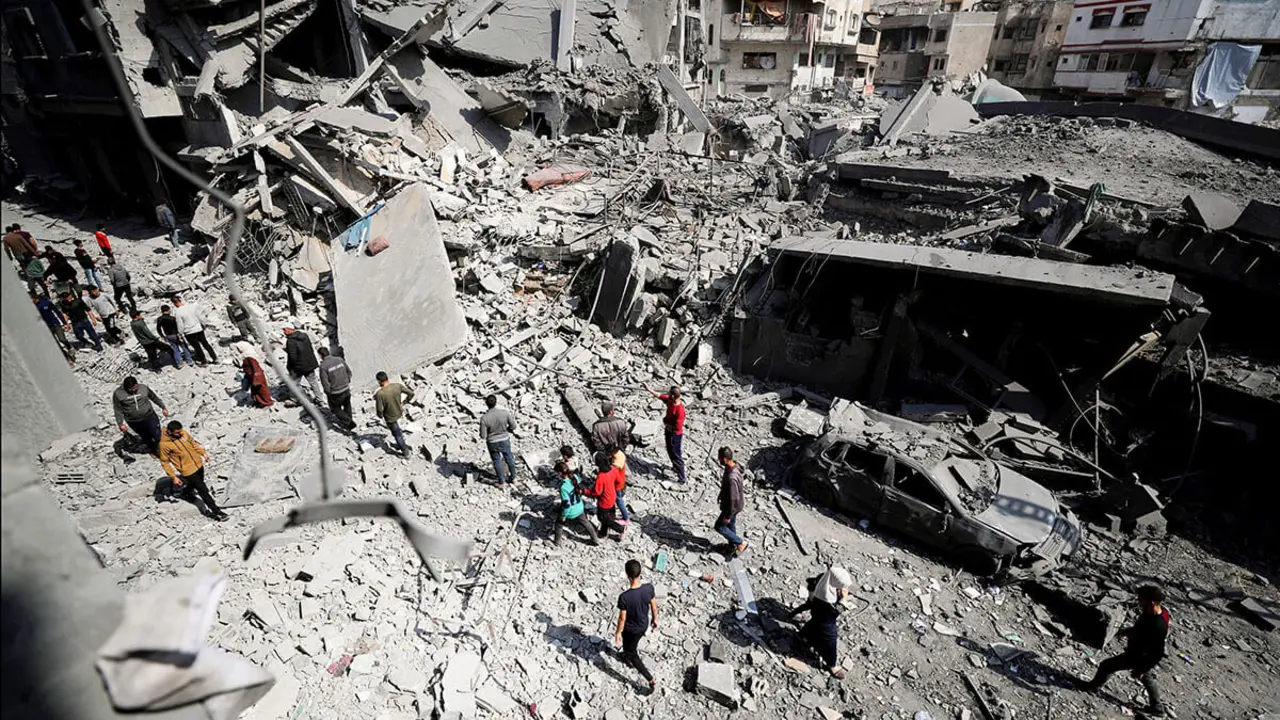Cholera advances in Yemen, exacerbating humanitarian situation and suffering
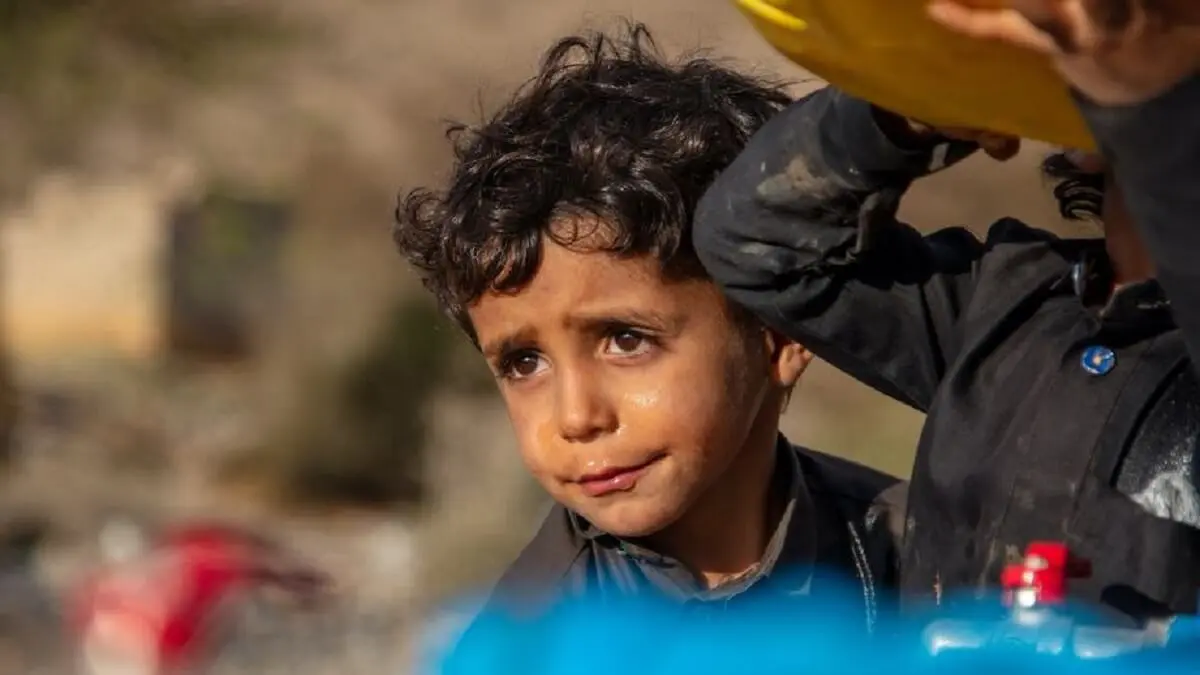
- More than 40,000 cases of cholera
- Gaza war affecting peace efforts
- Protecting progress in Yemen
- The people of Yemen deserve relief
The suffering of civilians in Yemen is enormous and has been exacerbated by a growing cholera outbreak, the head of the UN Office for Humanitarian Affairs (OCHA) told the UN Security Council.
In a report to the resolution-making body, Martin Griffiths stressed the critical need to intensify peace efforts for the country.
"The conflict in Yemen has deeply undermined the economy, decimated half of Yemen's health facilities, displaced millions of people and allowed hunger and disease to flourish," he warned.
More than 40,000 cases of cholera
Adding to these challenges is a rapidly escalating cholera outbreak, with more than 40,000 suspected cases and a rising death toll, particularly affecting Houthi (also known as Ansar Allah) controlled areas, where hundreds of new infections are reported daily.
Impending rains and flooding will exacerbate the crisis in the coming weeks, Griffiths warned.
Gaza war affecting peace efforts
The UN special envoy for Yemen, meanwhile, reported to the Council that in December, the government and Ansar Allah agreed on a "set of commitments", including a nationwide ceasefire.
Hans Grundberg added that these commitments are intended to ensure humanitarian aid for the population and to initiate an inclusive political process that will bring a sustainable end to the conflict.
The diplomat explained, however, that challenges remain due to the war in Gaza and wider regional instability.
He also recalled Ansar Allah's announcements that it will extend the scope of attacks in the Red Sea, calling them a "worrying provocation in an already volatile situation".
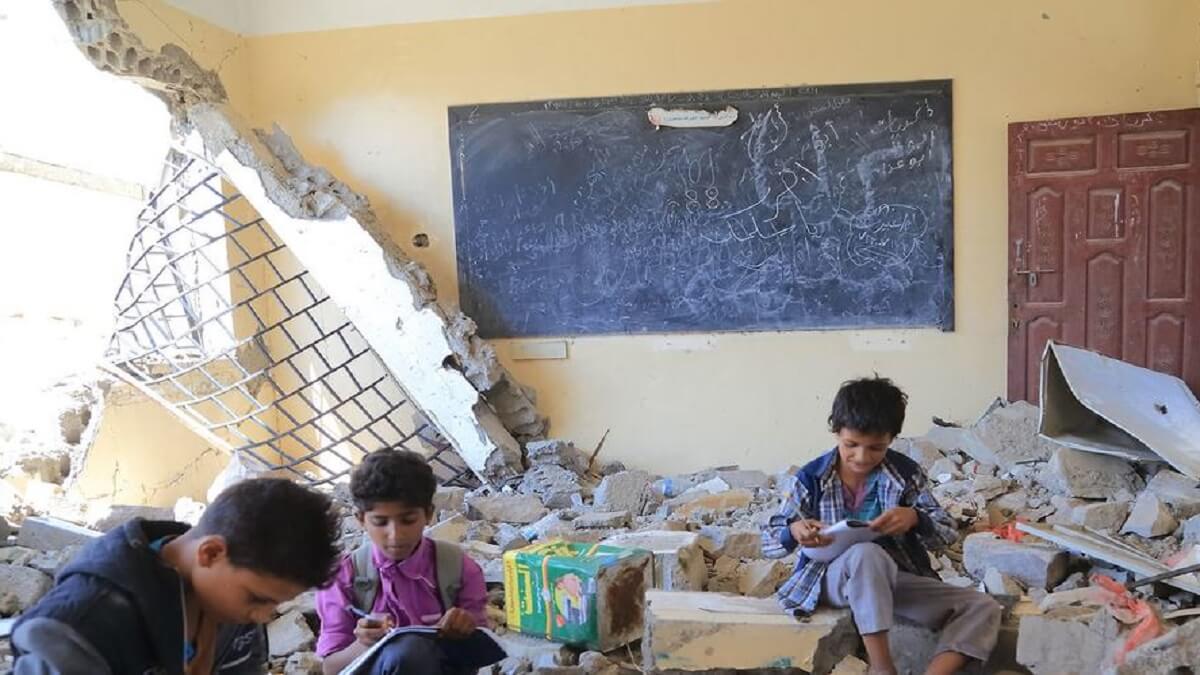
Protecting progress in Yemen
Griffiths also addressed the impact of regional conflicts, stressing the need to protect progress in Yemen.
"We cannot allow disruptions in global trade around the Red Sea to derail peace efforts in Yemen," he stressed.
The Emergency Relief Coordinator expressed grave concern for civilians and called for collective international support and an end to hostile economic measures.
He urged the parties to the conflict to do their part to reduce tension in the country and the region.
He also called for the resumption of oil exports to stabilise the economy and strengthen vital public services.
The people of Yemen deserve relief
Griffiths, who will step down in June for health reasons, spoke of the importance of Yemen to him.
"My first briefing to the Security Council as Emergency Relief Coordinator, almost three years ago, was on Yemen. It seems appropriate that I should speak to you today about Yemen in one of my last briefings," he reflected.
After nearly ten years of devastating conflict, the people of Yemen deserve relief, he concluded, stressing the importance of protecting civilians, ensuring humanitarian access and moving towards lasting peace.

